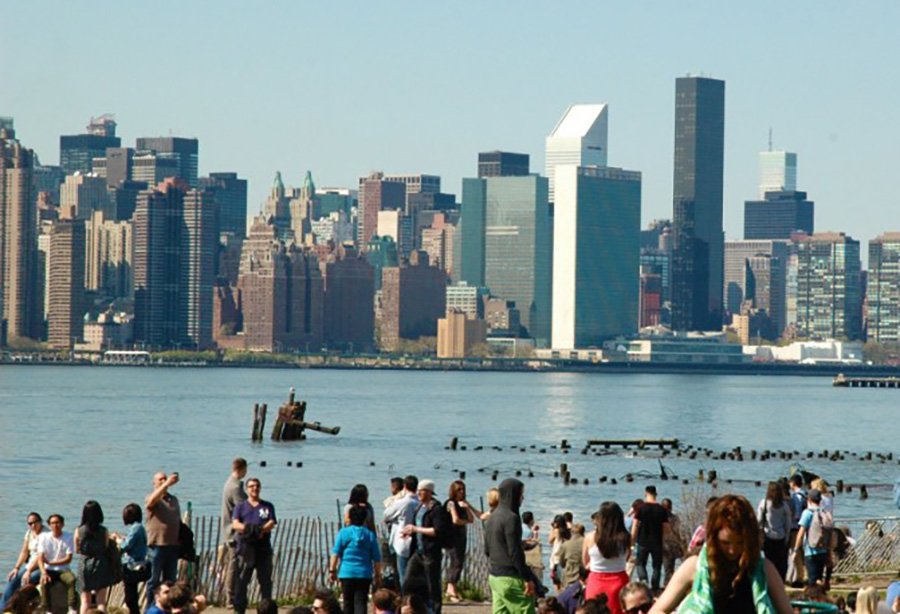US Requires Bonds of up to $15,000 from Tourists from Malawi and Zambia

Photo: Pxhere
New entry barriers took effect in the United States on August 20, 2025, according to The Washington Post. Tourists from Malawi and Zambia are now required to post a refundable bond deposit of up to $15,000, which is returned only if they leave the US within the permitted timeframe.
The pilot program will run for one year and includes three tiers of deposits: $5,000, $10,000, and $15,000. The US State Department clarified that the $5,000 tier will rarely be applied, while most travelers will face bonds of at least $10,000. The measure applies to tourist and business visas and currently affects only citizens of Malawi and Zambia.
Officials say the program is designed to deter visa overstays. Funds will be refunded only if travelers depart the US on time.
Possible Expansion
According to Reuters, the highest rates of visa violations in FY2023 were recorded among nationals of several African countries, including Burundi, Djibouti, and Togo, as well as Chad, Eritrea, Haiti, Myanmar, and Yemen. In June 2025, the US added 19 countries to the list of partial or full travel bans.
The US Travel Association noted that the measure will affect a limited number of foreigners — around 2,000 people annually, mostly from countries with low travel volumes. A similar bond program was launched in November 2020, in the final months of Trump’s first term, but was never implemented due to the collapse of international travel during the pandemic. The initiative now returns as part of a broader tightening of immigration and visa policies.
Visa Integrity Fee
In July 2025, Congress passed a law introducing a new $250 “visa integrity fee” for all non-immigrant visa applicants. Starting October 1, 2025, this fee must be paid on top of the existing MRV fee ($185), raising the baseline visa cost to at least $435. Students and other categories will face higher total costs due to additional charges like the SEVIS fee or reciprocity fees.
SEVIS fee – paid by international students and exchange visitors to track their status.
Reciprocity fee – imposed in response to visa fees charged by other countries.
The integrity fee does not replace existing charges but is collected on top of them. Under the H.R.1 One Big Beautiful Bill Act, the amount will be indexed annually from 2026 onward.
Mandatory Visa Interviews
From September 2, 2025, the US will also reinstate mandatory in-person interviews for most non-immigrant visa applicants. Previous exemptions for children under 14 and adults over 79 are abolished.
The new rules apply to students (F/M visas), H-1B specialists, exchange visitors (J visas), and business/tourist visas (B-1/B-2). Universities warn this could deter international students, making the US less competitive compared to Canada, the UK, and Australia.
For H-1B holders, mandatory interviews complicate status renewals or job changes, as they may need to leave the US to obtain a new visa, risking long delays and contract disruptions.
Diplomatic visa holders (A, G, NATO categories) remain exempt, along with certain renewals under strict criteria. However, consular officers still retain discretion to require an interview.
Expert Concerns
Experts emphasize that the combination of high visa costs, refundable deposits, and mandatory interviews makes US visas among the most expensive and burdensome in the world. These policies risk discouraging tourism, study, and business travel, potentially harming the US in the global competition for talent and investment.
Подсказки: USA, visas, immigration, Trump, bonds, Malawi, Zambia, travel restrictions, visa integrity fee, nonimmigrant visas








